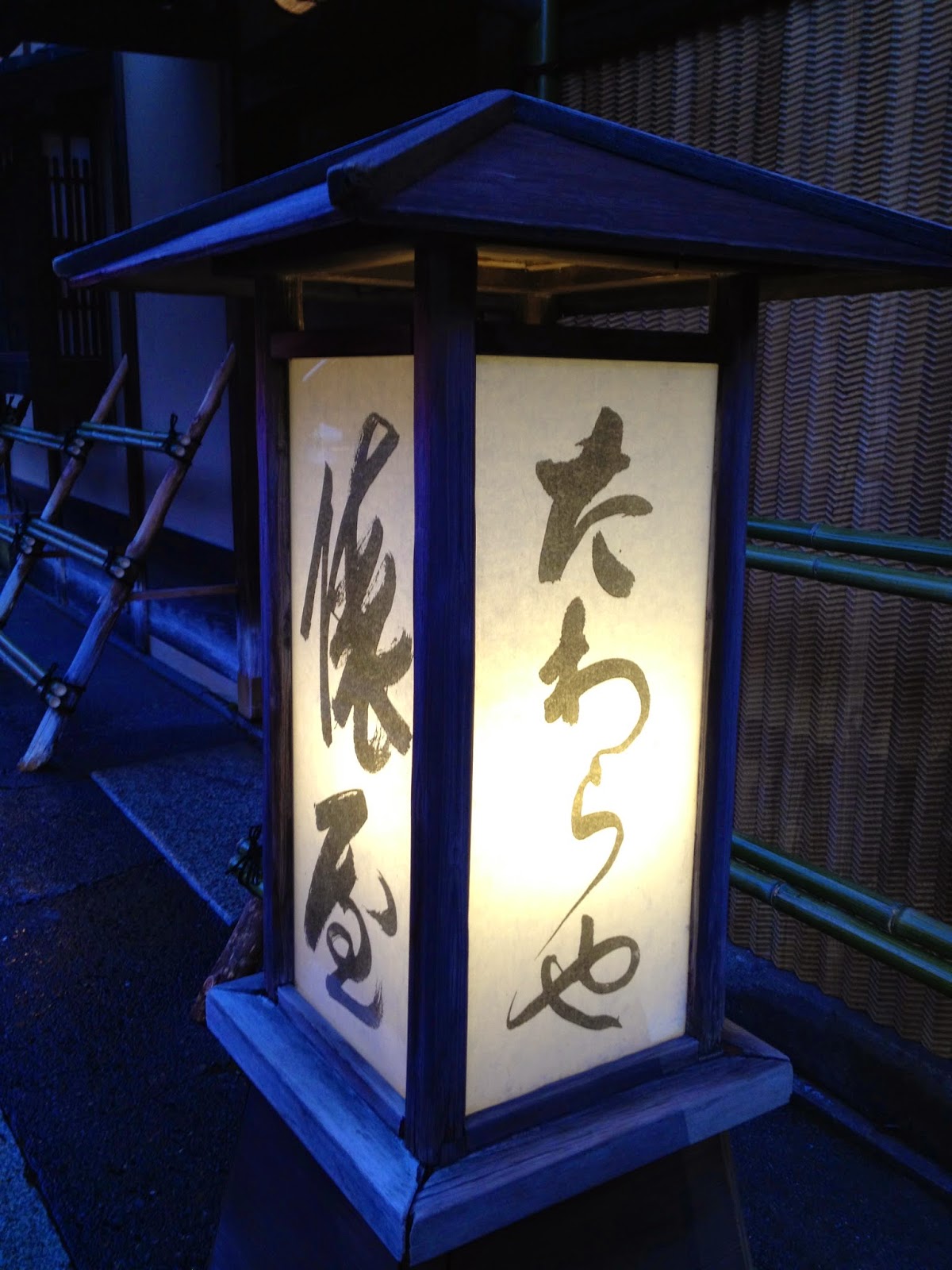The Culmination of My Master's Degree: The Dissertation
So, for my first post, I thought I'd talk about my dissertation a little bit, since that's been my primary focus over the past few months. For a historian, producing an independent piece of research is a major part of the job description. The dissertation is designed to allow students to engage with original work and basically become historians. Rather than read history, we are expecting to produce it. For this reason, my program requires that I submit a dissertation on a topic of my choice. Of course, since my masters is in "The History of War," my topic has to relate to military history.
I don't want to give too much away, but my dissertation is examining a World War II operation and arguing that it was an intelligence failure. For those who may not know this about me, although I am a military historian, my specific interests lay with military intelligence, espionage, and codebreaking history. My dissertation is supposed to be 15,000 words and as of now, I'm a little over 11,000 words, so I'm pleased with my progress. Considering the fact that it's not due until August 24th, I still have time.
A huge part of my dissertation is engaging with primary sources. As historians, we have to ask a question, but use primary sources, as well as secondary sources, to establish our argument and build a narrative. Honestly, at first, I found the idea of going to the archives and producing my own original piece of history a bit intimidating and daunting, but I'm actually having a lot of fun writing my dissertation. Never thought I'd be enjoying it as much as I am!
For my dissertation, I've visited three archives and I've acquired an impressive amount of documents -- in fact, I'd say I have too much! The first archive I visited was actually on campus, which was really convenient. King's College London houses it's own military archives, The Liddell Hart Centre for Military Archives, which is actually quite famous and well regarded. I love this archive because it's small and very friendly. It was a great way to ease into my dissertation. Whilst the amount of primary documents they had that could help me was a bit limited, I still managed to find very interesting and useful papers. While at the Liddell Hart Archives, I got to peruse Field Marshal Bernard Law Montgomery's personal correspondences with his good friend, Field Marshal Alan Francis Brooke, the Chief of the Imperial General Staff, as well we revist ULTRA on microfilm.
ULTRA intelligence. (ULTRA refers to the intelligence that was deciphered and translated at Bletchley Park).
ULTRA intelligence. (ULTRA refers to the intelligence that was deciphered and translated at Bletchley Park).
King's College London
The Liddell Hart Centre for Military Archives is inside here
I had a lot of ULTRA on microfilm to review...
Once I'd essentially looked at everything the Liddell Hart Archives had, as it relates to my research, I moved on to the British National Archives at Kew. This is a really beautiful and impressive structure located in Kew, about a 45 min tube ride from Central London. I'd been here years ago, so it was nice coming back. Over several weeks, I paid the National Archives many visits, pouring over every intelligence related documents I could get from 1944. Honestly, I can't even begin to tell you how much I read. Between operations reports, Supreme Headquarters Allied Expeditionary Forces (SHAEF) intelligence summaries, various other intelligence reports, personal memoirs -- I was kept VERY BUSY.
My time at the National Archives proved incredibly fruitful, as I struck gold several times, unearthing primary sources that really supported the argument I am making about this operation and it's status as an intelligence failure. It was also really cool to play historian and get my hands on actual original documents from 1944. I recall having a really nerdy historian moment when I got excited, seeing Montgomery's actual signature on a correspondence!
The British National Archives at Kew
Collage of some of the primary documents I reviewed there
A second collage of primary documents. This contains the signature of British Field Marshal Sir Bernard Law Montgomery!
From March to May, I was busily researching at the Liddell Hart Centre for Military Archives and at the British National Archives. With classes done, I had nothing tying me to London, so for five weeks, I decided to come home for a little working vacation. I hadn't been home since January, so it was really nice to be at home. I got to spend time with my parents, my cat, friends, and my boyfriend. Ok, so I know it sounds like I just took at five week vacation, but I assure you that I didn't! I wrote A LOT of my dissertation and I even did some archival work in the US!
I took a few days to visit Washington, DC and spend some time at the archives there. First thing I learned on arrival at the National Archives in lower Washington, DC -- they do not house World War II documents and a lot of military documents. For that, I need to visit their satellite branch in College Park, Maryland! That was a bit of a shock to the system. Although I was confused, and frankly quite annoyed by this revelation, I was pleased to learn that the DC National Archives offered free shuttle service to the Maryland branch. So, for a couple days, I found myself on a shuttle bus, sitting about 45 min - 1 hr, commuting from Washington DC to College Park, Maryland. Luckily, I had podcasts to keep me entertained.
My time at the College Park branch of the National Archives, I'm sorry to say, was not super productive. After consulting with an archivist, I was informed that they didn't have a lot of the type of documents I was looking for. They said that I was better off going to London, as most of the documents were there.... I'd say about 90% of the documents I reviewed at the National Archives here, I'd already seen in London. That said, I did find a couple really helpful documents, so nice to know that my trip wasn't a total waste of time. :D
The American National Archives and Records Administration at College Park, MD
My big find here was the weekly intelligence SHAEF (Supreme Headquarters Allied Expeditionary Forces) summaries
Compared to actual historians, three archives may not seem like a lot of research, but for a novice, I'm pleased with my progress. Being able to handle original documents and write history, I'm learning, is a pretty cool gig. Now, time for me to get back to writing my dissertation!










Comments
Post a Comment